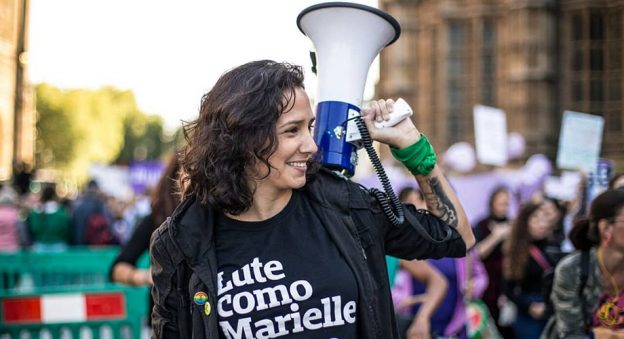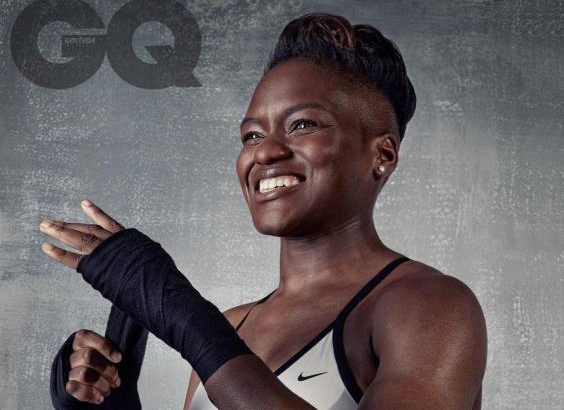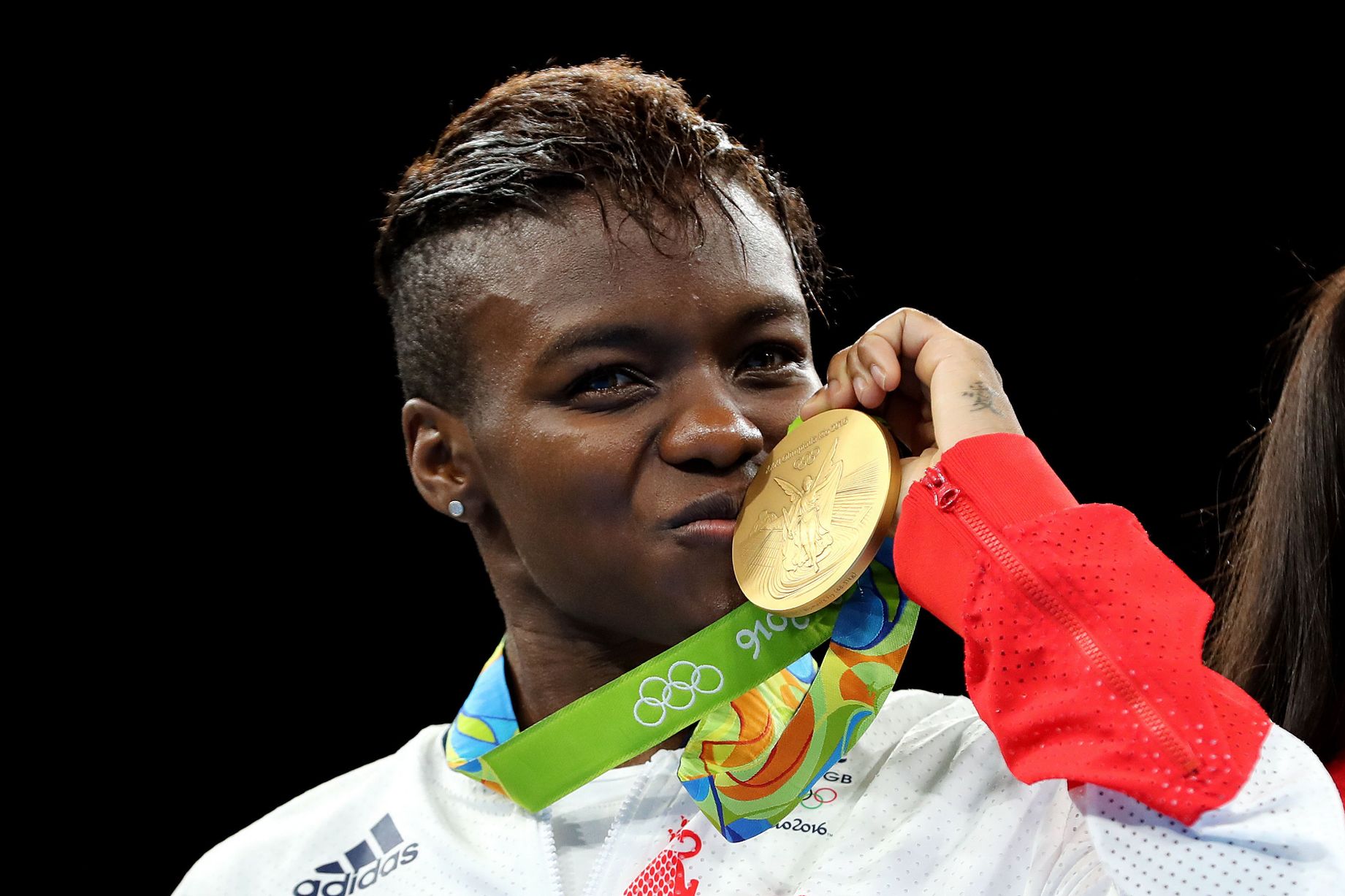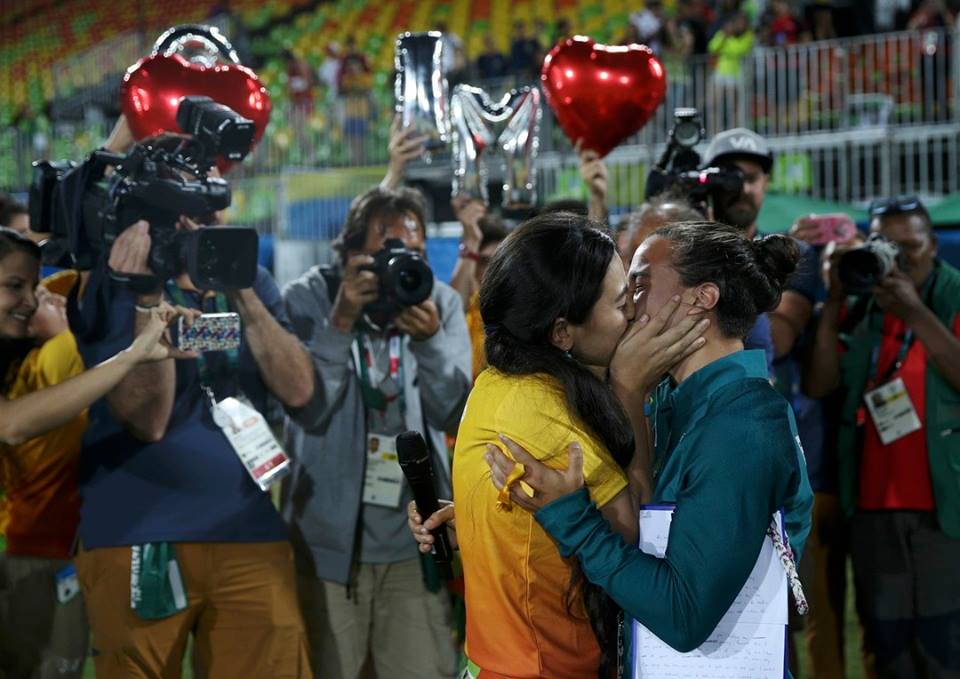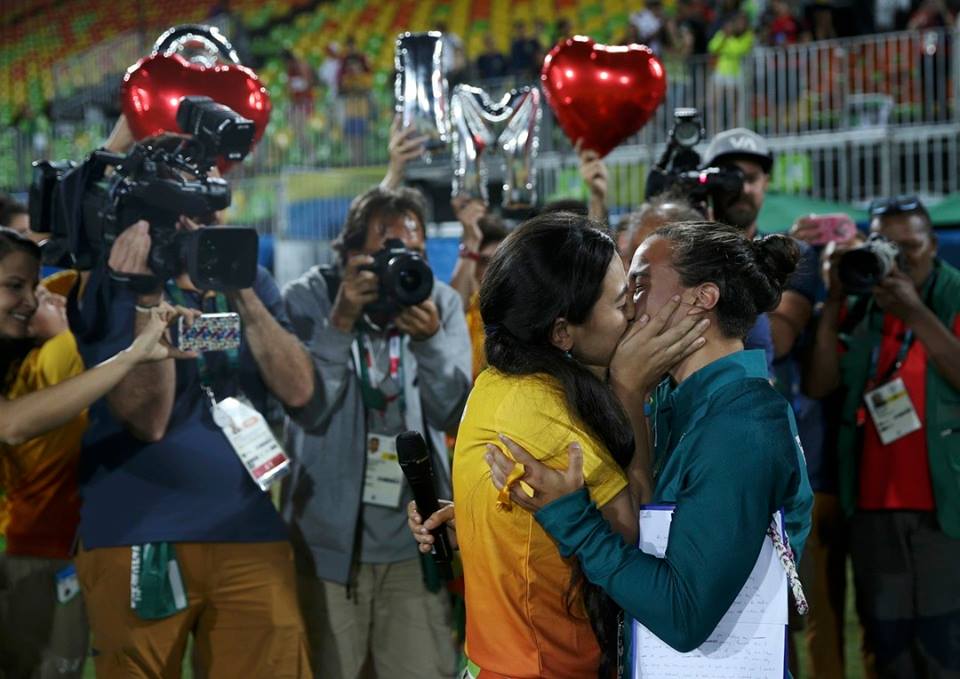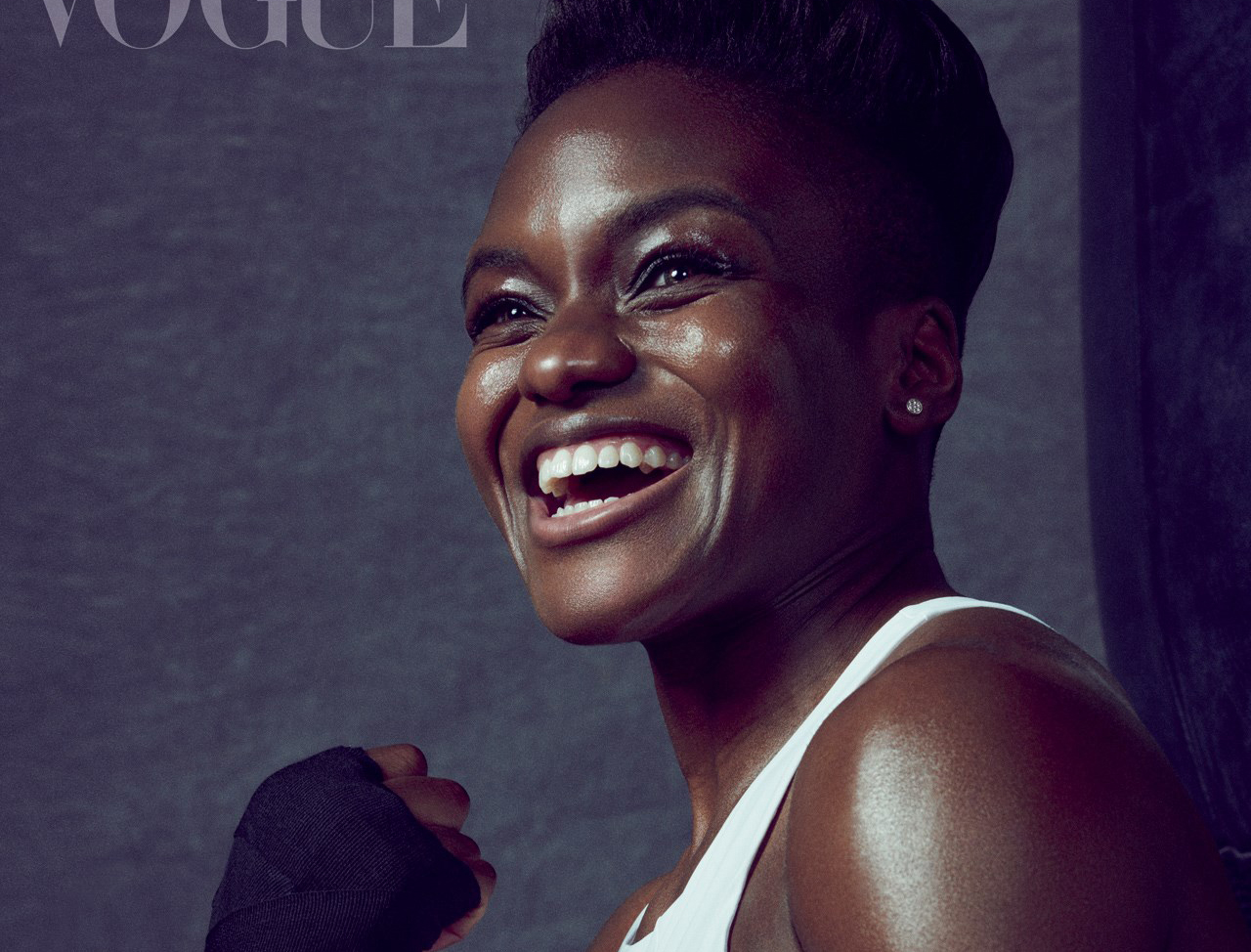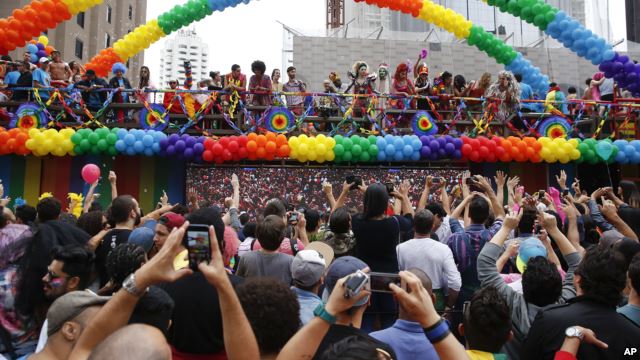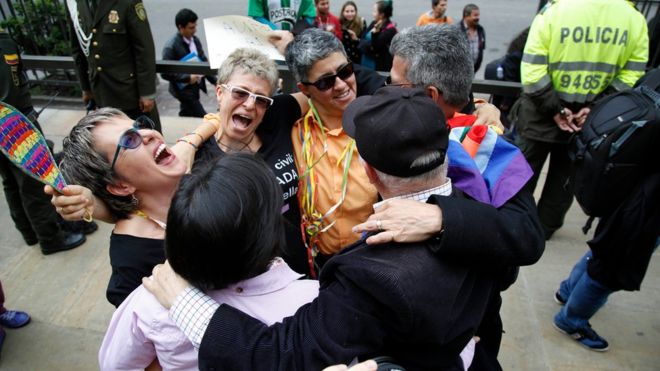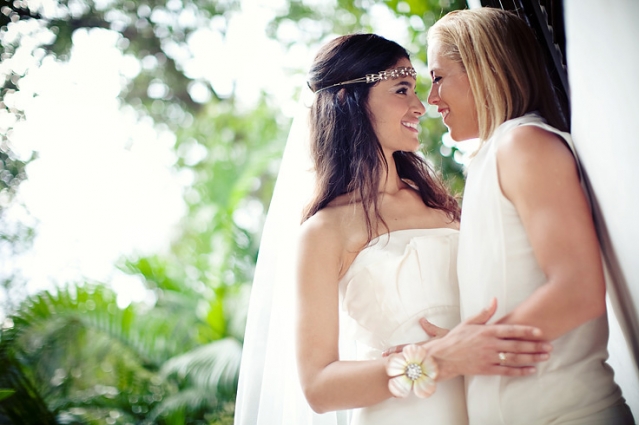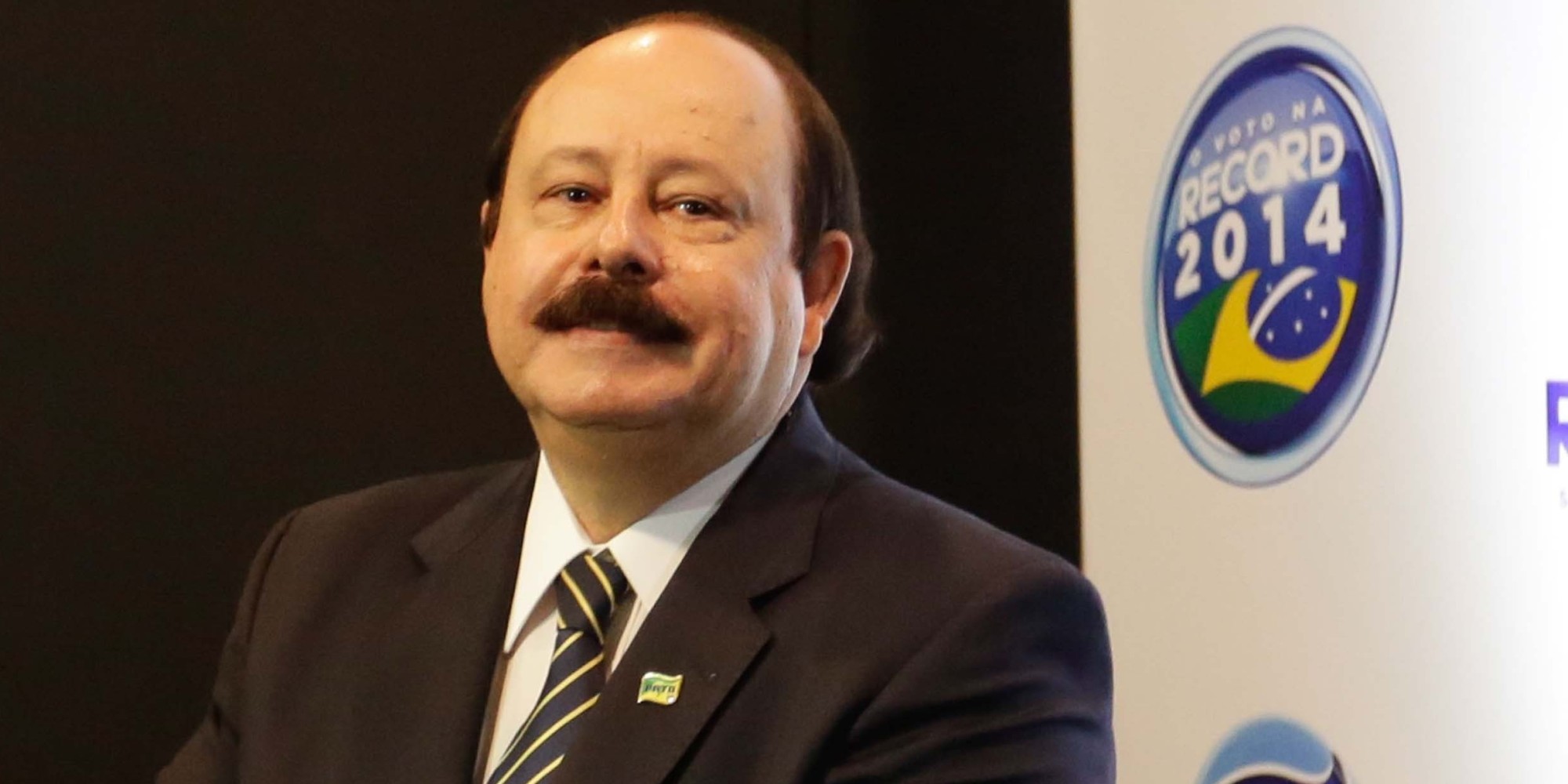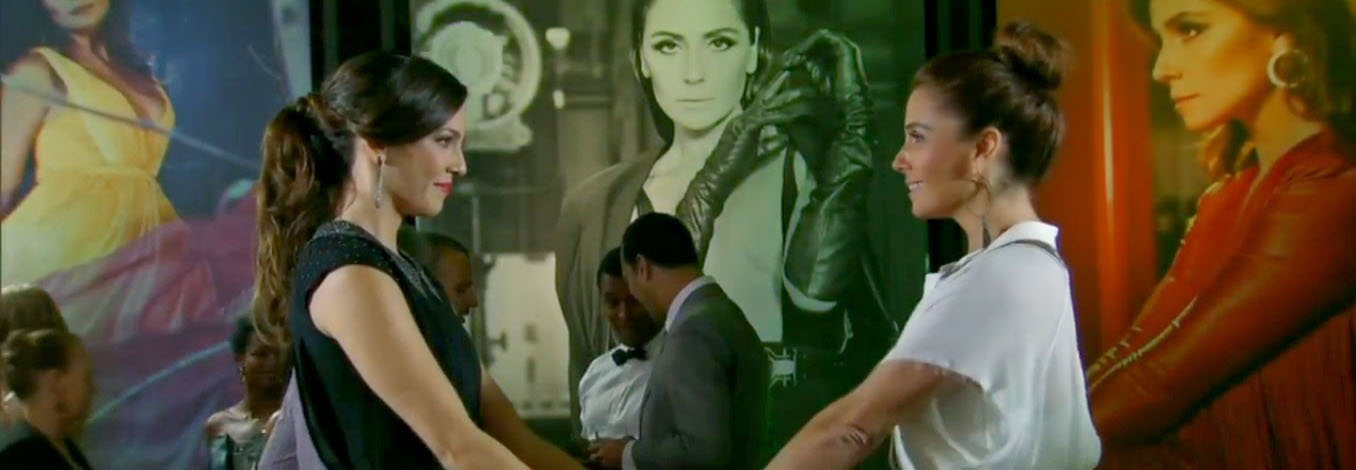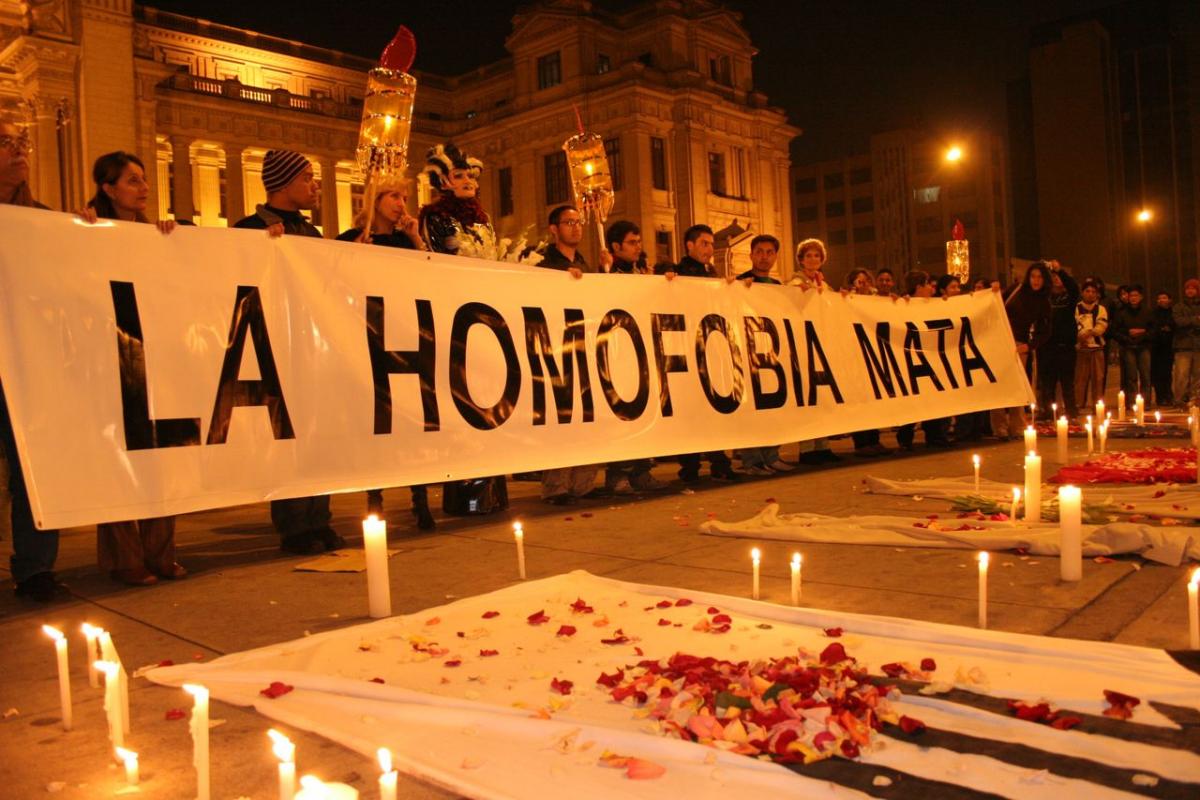The widow of a bisexual Rio de Janeiro councilwoman who was murdered in 2018 was elected to the city’s council on Sunday.
Brazilian media reports indicate Mônica Benício ran for the Rio City Council as a member of the leftist Socialism and Liberty Party.
Benício finished 11th among the candidates who ran with 22,999 votes. She noted her support of LGBTQ rights ahead of Sunday’s election.
“We are elected. The City Council will have an openly lesbian councilwoman! I am very grateful to the more than 22,000 people who voted for a future feminist and anti-fascist mandate for the Rio City Council! Let’s transform this city together!”
Benício’s fiancée, Marielle Franco, a woman of African descent who identified as bisexual, was a member of the Rio City Council when she and her driver, Anderson Gomes, were murdered on March 14, 2018.
Franco was a rising political star known for defending Rio’s black, LGBT and favela communities.
Franco’s murder sparked outrage throughout Brazil and around the world. The Human Rights Campaign and Human Rights Watch are among the organisations that condemned the killing.


Brazilian authorities in March 2019 arrested two former policemen in connection with Franco’s murder.
One of the men was arrested at his home in the same condominium complex in which President Jair Bolsonaro lived when he represented Rio in Brazil’s Congress.
Bolsonaro—a former Brazilian Army captain who took office as the country’s president nearly two years ago—continues to face widespread criticism over his rhetoric against LGBTQ Brazilians, women and other underrepresented groups.
Bolsonaro last fall strongly denied Brazilian media reports that linked him to the two suspects in Franco’s murder. Bolsonaro’s sons, Flávio and Carlos Bolsonaro, who are members of the Brazilian Senate and the Rio City Council respectively, have also faced questions over their potential involvement in the killing.
